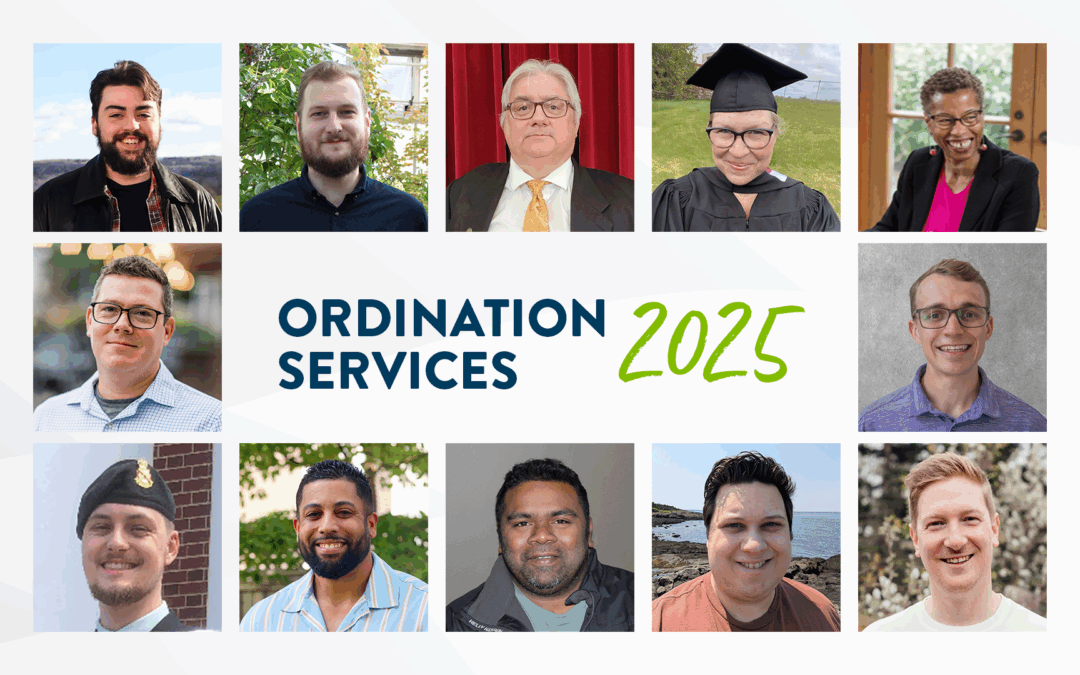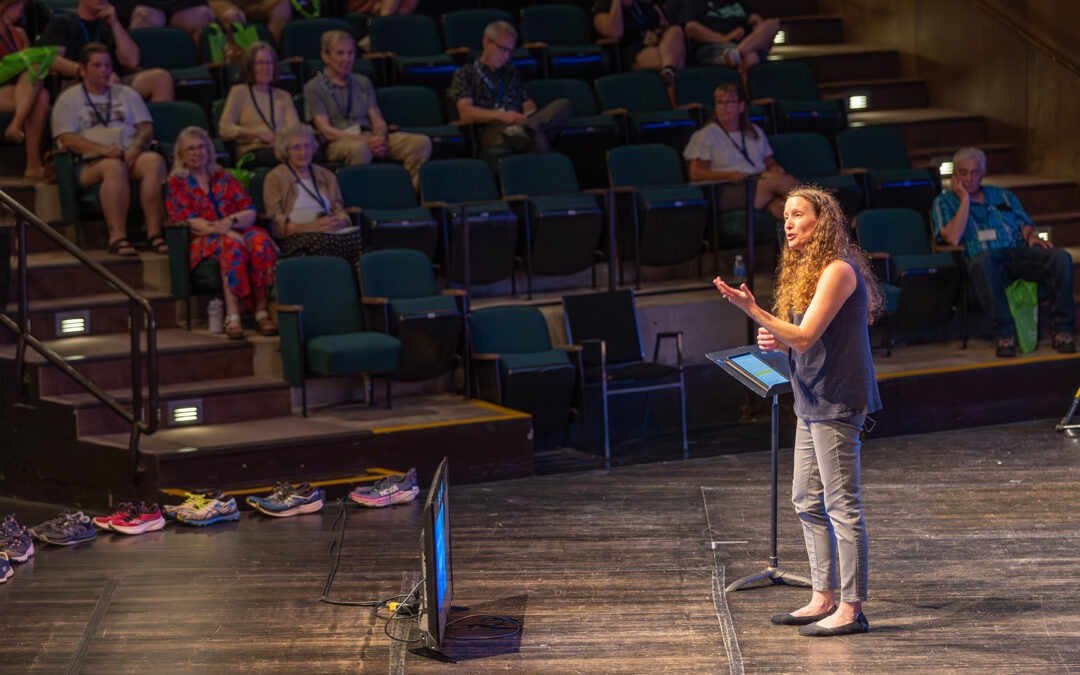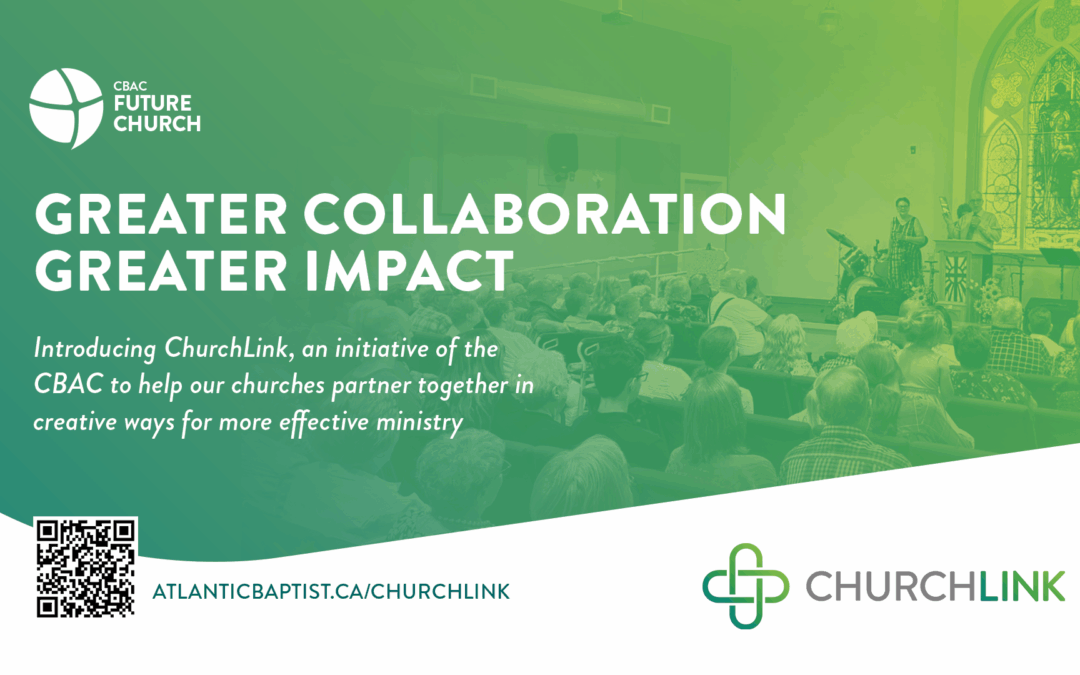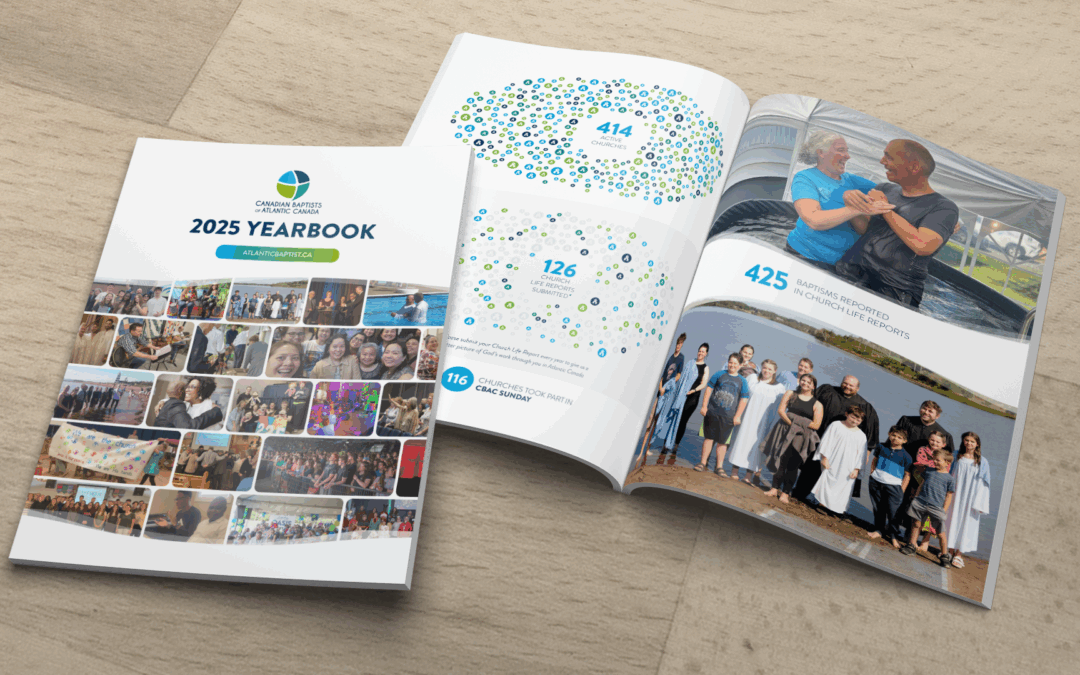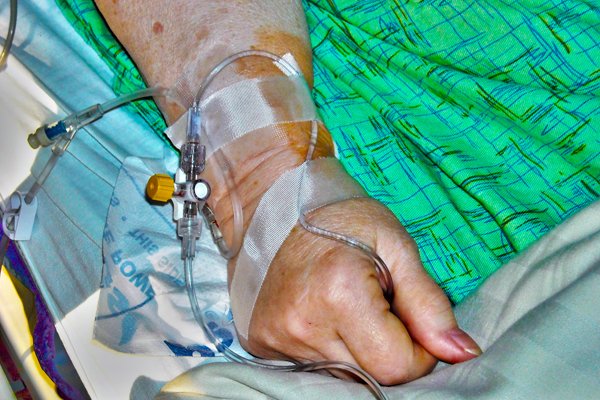 Physician-Assisted Suicide/Death is a watershed issue for Canadian society. But it is also an incredible opportunity for Canadian Christians (and churches) to offer their communities a different perspective on life, death, dignity, suffering, community and worship. How we deal with life – with all of its joys, sorrows, challenges and celebrations – and how we face death, say more to our families and neighbours about our faith than the most well-constructed sermons or evangelistic programs.
Physician-Assisted Suicide/Death is a watershed issue for Canadian society. But it is also an incredible opportunity for Canadian Christians (and churches) to offer their communities a different perspective on life, death, dignity, suffering, community and worship. How we deal with life – with all of its joys, sorrows, challenges and celebrations – and how we face death, say more to our families and neighbours about our faith than the most well-constructed sermons or evangelistic programs.
Perhaps no other issue so clearly illustrates the difference between a life rooted in Christian faith and one based on secularly-reasoned political correctness. The contrast is stark. Raymond de Souza notes that the decision of the Supreme Court of Canada to legalize Physician-Assisted Suicide signals 3 revolutions in jurisprudence: Abandoning the legal principle that every life is always a good to be protected; Embracing the idea that suicide is a social good; and removing the particular obligation of the law to protect the weak and vulnerable.
God is at work in the land and He invites us to join Him as He changes Atlantic Canada, one neighbourhood and one community at a time. As we care for the weak and vulnerable, those who suffer and those who mourn, our love will bear witness to our faith in ways that are powerful and transformative!
The CABC is producing resources to help churches grapple with this issue. In the meantime, below is a brief backgrounder to help you begin to have conversations about this very important issue (you can also download this in PDF format: https://atlanticbaptist.ca/wp-content/uploads/2016/03/Physician-Assisted-Suicide-Update.pdf).
Dr. Lois Mitchell, Director of CABC’s Public Witness & Social Concern
Political Context:
- February 6, 2015 – the Supreme Court of Canada unanimously ruled that criminal code prohibitions against Physician-Assisted Suicide/Death are unconstitutional and gave Parliament 12 months to write legislation to permit and govern the practice;
- In giving their ruling (Carter vs. Canada), the conditions under which Physician-Assisted Suicide/Death could be sought were:
- When the person clearly consents to the termination of life, and
- Has a grievous and irremediable medical condition (including an illness, disease or disability) that causes enduring suffering that is intolerable to the individual in the circumstances of his or her condition.
- Some immediate concerns were raised:
- The wording is quite vague;
- There is no reference to death being “imminent” or even that the illness or condition under which Physician-Assisted Suicide/Death is sought is terminal;
- Rules are likely to be interpreted more and more permissively over time (the slippery slope argument);
- Impact on physicians/health care providers who do not support the legislation;
- To what extent does this decision reflect (or impact) the economics of care?
- In giving their ruling (Carter vs. Canada), the conditions under which Physician-Assisted Suicide/Death could be sought were:
- July 2015 – the Federal Government appointed a three-person panel to consult with Canadians. This included an online consultative process, open to all Canadians, as well as presentations made by interveners to the Panel.
- The final report of the Panel was submitted in December, 2015 – http://www.justice.gc.ca/eng/rp-pr/other-autre/pad-amm/pad.pdf
- Meanwhile, with the October Federal election, the Liberal Party (under Prime Minister Justin Trudeau) formed the government and appointed its own committee to make recommendations on the implementation of legislation. The government applied to the Supreme Court for an extension and was granted an additional 4 months (until June 6, 2016). Following its own consultation process, the final report of this Joint Parliamentary Committee was released February, 2016 – http://www.parl.gc.ca/HousePublications/Publication.aspx?DocId=8120006&Language=E&Mode=1&Parl=42&Ses=1.
- Fall 2015 – The Evangelical Fellowship of Canada (EFC) and the Canadian Conference of Catholic Bishops (CCCB) prepared a Declaration on Assisted Suicide and Euthanasia and circulated it across the country with hopes of getting 10,000 signatures before Feb. 6, 2016. The deadline is extended to July 6, 2016. To date there are over 19,000 individual signatories. The leaders of over 30 Christian denominations and over 20 Jewish and Muslim leaders from across the country have endorsed the Declaration. See http://www.euthanasiadeclaration.ca to add your signature.
- Conversations are ongoing amongst faith-based groups across the country as we attempt to provide reasoned responses to the recommendations of the Panel AND facilitate healthy conversations amongst our own faith communities.
Cultural Context:
Cultural trends that have contributed to where we find ourselves:
- A focus on individual rights and the accompanying sense that we should be independent & autonomous;
- A sense that a compassionate society is one that protects its citizens from “suffering”;
- A pace of life that suggests that caring for the aged or disabled is a burden.
When one considers the arguments that have been compelling within our society amongst those who favour Physician-Assisted Suicide/Death, they fall into 4 general categories:
- Quality of life is compromised by certain illnesses or conditions. BUT, life is a sacred gift (John 16:33).
- If a person is not mentally competent or physically able to care for him/herself, they no longer have dignity and every effort should be made, even before they get to that state, to allow them to “die with dignity”. BUT our life is not our own (1Cor. 6:19-20).
- No one wants to be a burden to his or her loved ones. BUT, caring for one another is at the heart of the Christian life (Matthew 22:36-40).
- No one should have to die in pain and since pain treatments aren’t always effective, Physician-assisted death allows for an easier (and more compassionate) death. BUT, better pain management is the answer, not a premature death AND, in the context of eternal life, suffering does not necessarily end with death (Hebrews 12:1-3).
- Be informed about the issues and what scripture has to say.
- Sign the Declaration – http://www.euthanasiadeclaration.ca
- Contact your MP – let your MP know you’re concerned about the effects this legislation will have on the most vulnerable among us.
- More resources:
- Christian Medical and Dental Society – “The Gift” video, other videos and resources – http://www.cmdscanada.org/PAS.aspx
- April 2015 FOCUS magazine with excellent articles: http://www.cmdscanada.org/my_folders/FOCUS/FOCUS_35.1-web.pdf
- Canadian Virtual Hospice General information about palliative care: http://www.virtualhospice.ca/en_US/Main+Site+Navigation/Home.aspx
- Evangelical Fellowship of Canada –
- Resources – http://theefc.ca/ResourcesOnEuthanasia
- Call to Action – http://theefc.ca/EuthanasiaUrgentAction
- Guide for Canadians – http://theefc.ca/EuthanasiaPalliativeGuide
- Sign up for EFC Webinar on Assisted Suicide on March 31st – http://theEFC.ca/webinars

